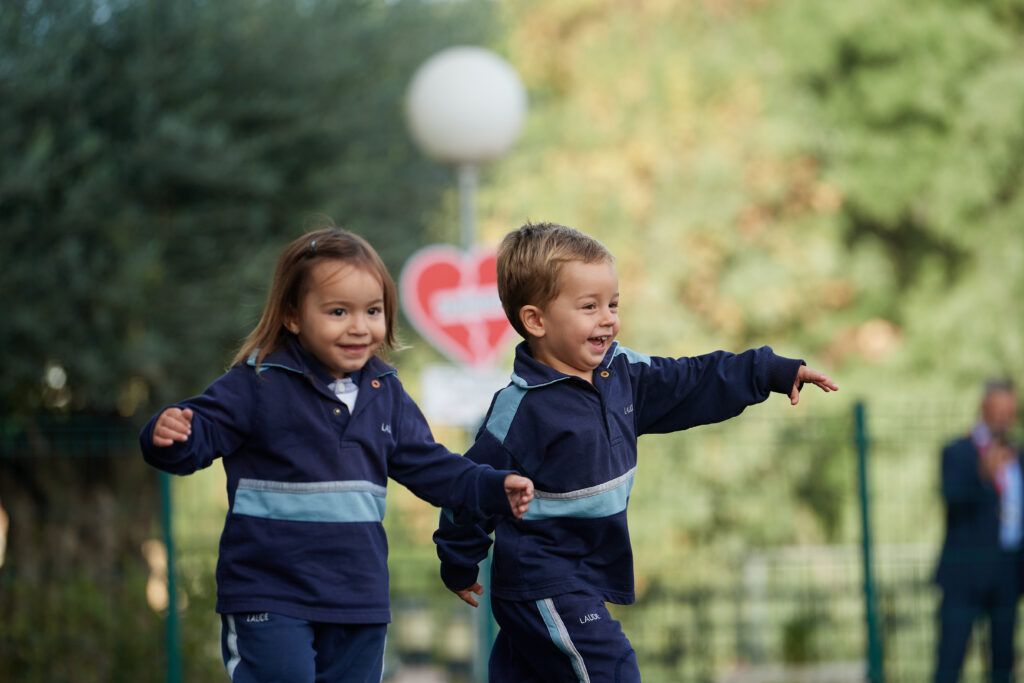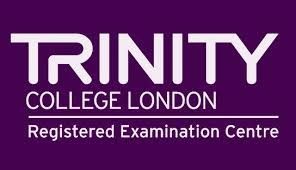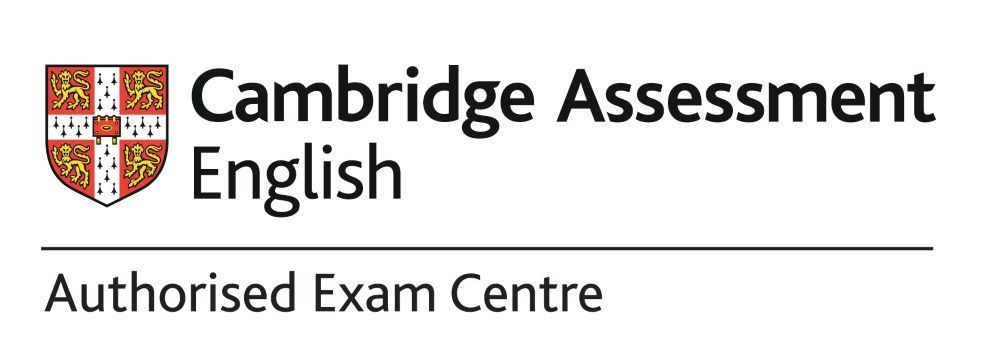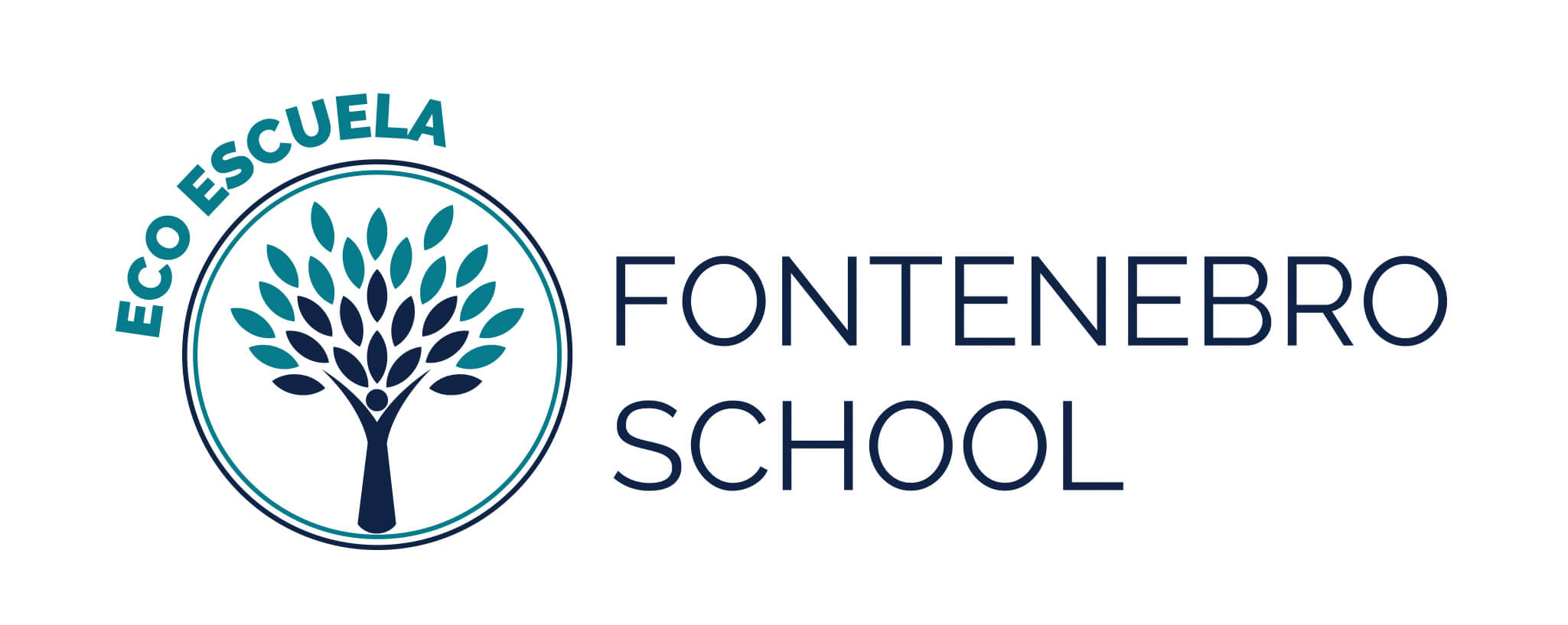Critical thinking in kindergarten
In early childhood education, play, motor development, oral language, body language, artistic language, musical language, etc. are very important. Whilst helping children to be autonomous at school, we realize how important it is for us to always bear in mind that children are reflective and able to think for themselves.
Therefore, we should begin by asking ourselves a question: What does the word “think” suggest to us? Do children think? And if so, how do they do it? After asking myself these questions, I have looked for information concerning what some philosophers say about the idea of thinking:
“I think, therefore I am. I know that I think because I know that I doubt and because doubting is also a way of thinking. It is impossible therefore not to exist if I think.” (R. Descartes)
“To think on one’s own account means to seek within oneself, (that is, in one’s own reason) the supreme criterion of truth; and the maximum of always thinking for oneself is what best defines the Enlightenment.” (Kant).
If you want your child to gain autonomy, independence and also to build his own critical thinking, he must develop thinking and reasoning. If he learns to think, you will be giving him wings so that he can feel freer.
Moreover, critical thinking can be understood as the ability to think rationally, to analyze the piece of information given to you and determine whether it is right or wrong, to think deeply in a way that helps you solve the problem. It is about being curious, innovative, open-minded to look and think differently and to come up with different ideas or solutions. Critical thinking facilitates the way in which children see the world around them, and helps them ask the right questions, figure things out and make judgments. Indeed, based on numerous scientific researches, it is proposed that children who are taught well critical thinking skills, will tend to perform better at language comprehension and problem-solving.
In addition, there are several tips I would suggest, if you would like to improve your children’s critical thinking skills:
- Ask open-ended questions
Asking open-ended questions such as WHAT, HOW or WHY can be a good strategy for school leaders and parents to follow so as to enhance your children’s critical thinking skills.
- Encourage kids to freely raise their voices and do NOT rush
While children are required to answer questions, the risk exists that they feel scared of not saying the right things or being judged by their classmates or others. As school leaders and parents, we need to do a better job of encouraging students to freely raise their voices and instill our children the grit necessary to be able to persevere against challenging topics that come their way.
- Inspire imagination and creativity
They are children’s unique response to all that they see, hear, feel and experience. A child’s individual responses to materials, experiences and ideas inspire their imagination and creativity.
In conclusion, fostering children’s critical thinking skills might seem challenging for parents without much teaching experience and given that children tend to think in a simple, literal way. This is a long process like building a castle, taking many days; kids do not suddenly obtain analytical thinking skills overnight, and parents as well as school leaders need to be patient to teach and reinforce and teach this method whilst guiding children to be more critical in their thinking! Use the tips above to get kids in a critical thinking mindset to prepare them for high school, university, and beyond!
Patricia Campanario Estévez
Early Years Teacher













![BAPParentLogo[5]](https://fontenebroschool.com/wp-content/uploads/2020/09/BAPParentLogo5.png)


